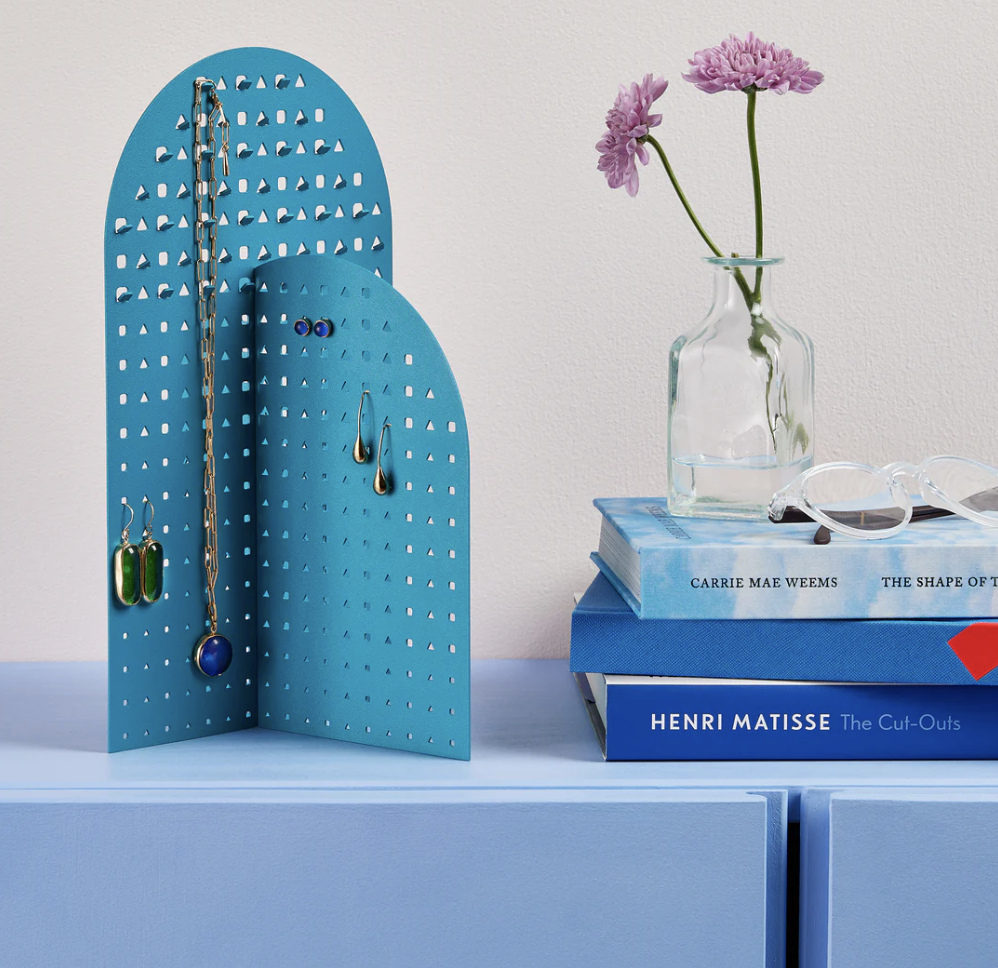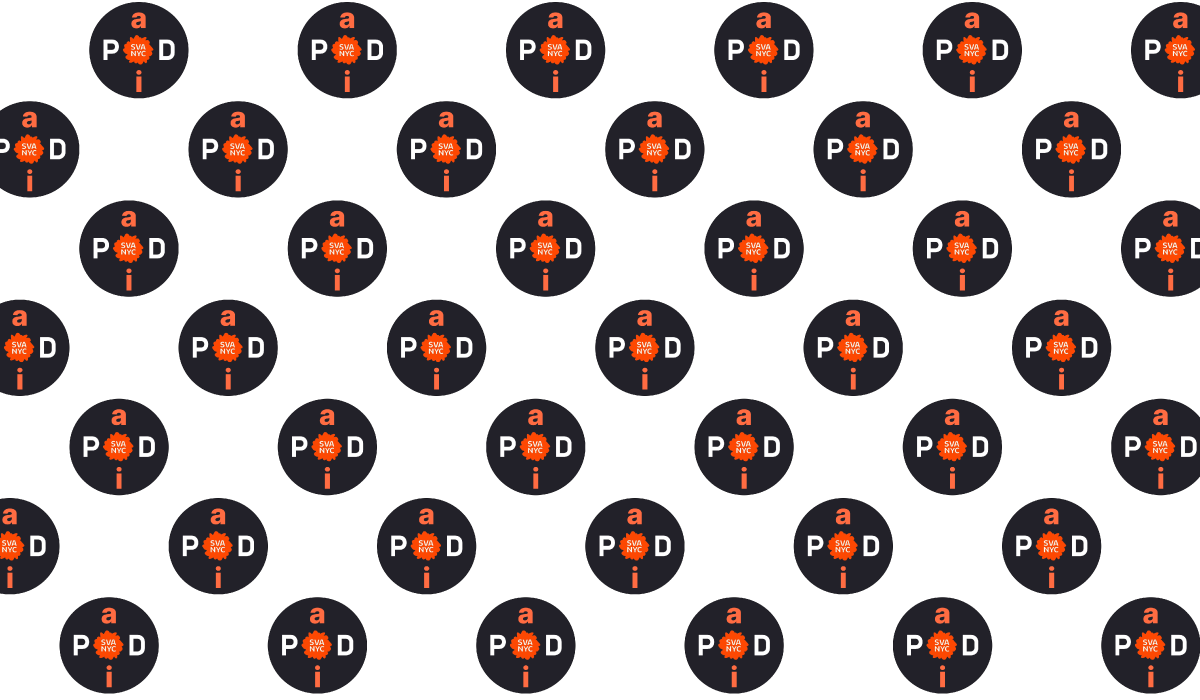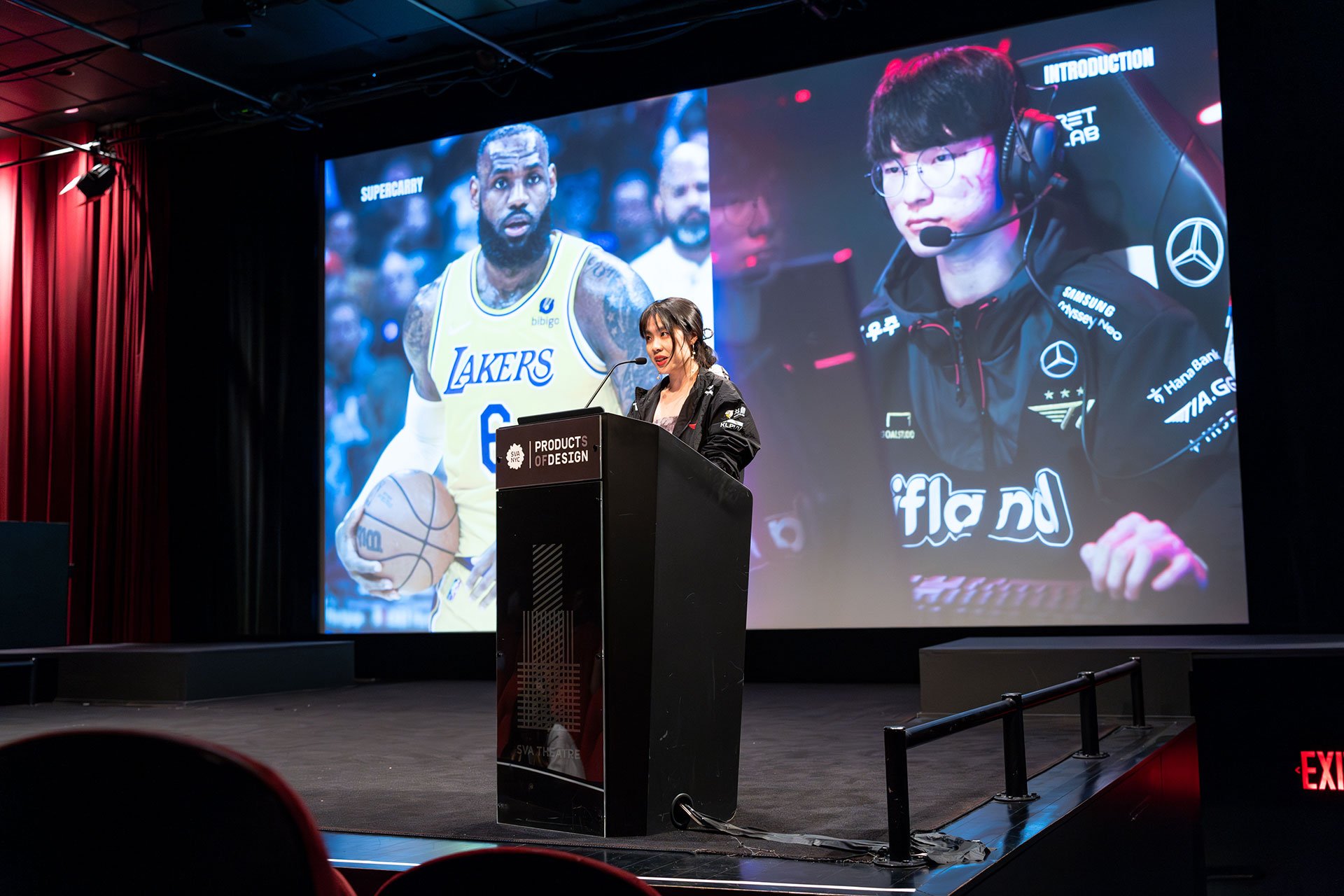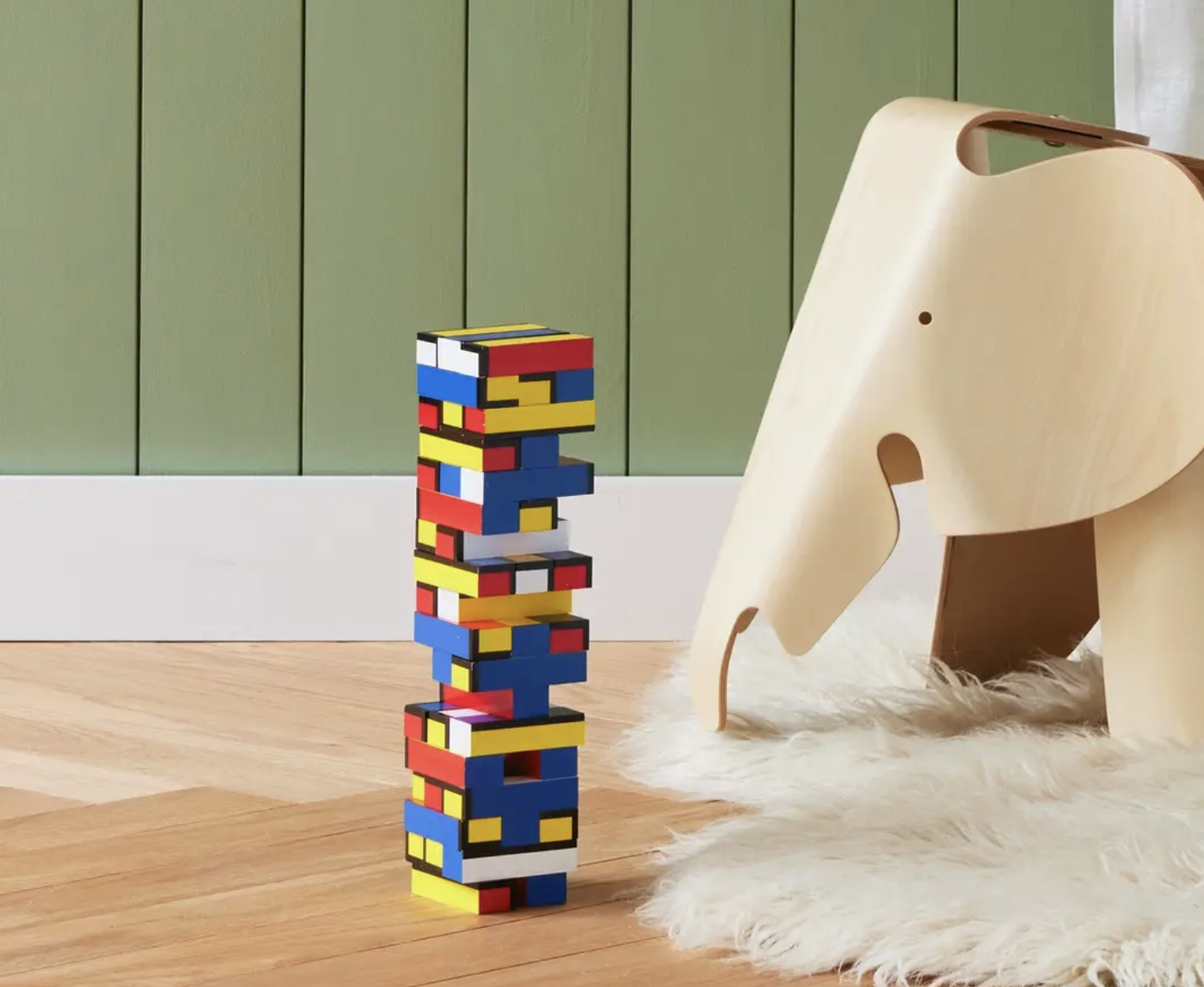Department Blog
Department news, events, and snapshots of student life at SVA in New York City.
Rolling admissions still open!
〰️
Rolling admissions still open! 〰️
Featured Posts
All Blog Posts

Masters Thesis: COEXIST: Mixing With Urban Wildlife, by Rona Binay
Turkish designer Rona Binay’s MFA Products of Design thesis entitled, ‘COEXIST, Mixing with Urban Wildlife’ studies the relationship between city and nature through the lens of urban wildlife. A seeming contradiction, Rona’s embrace of urban/natural was triggered when she discovered footage of a coyote playing with a bottle on a frozen pond in Central Park. (Another fascinating example of urban wildlife is the peregrine falcon, which nests on high-rise buildings and bridges within the city.) Rona acknowledges that cities not only serve as living landscapes for humans, but also provision as habitats for many different species.
Masters Thesis: Whateverest: Exploring the Landscape of Apathy and Agency, by Charlotta Hellichius
Charlotta Hellichius’ thesis, “Whateverest,” investigates the landscape of apathy and agency. She positioned it as an exploration into her own shortcomings, and an attempt to understand why she “can’t care about everything.” Charlotta set out to understand and explain why certain behaviors are integral, while others fail to become equally as important. Whateverest is about how to overcome the “whatevers” that we face in our everyday lives, and explores the landscape of apathy, harnessing personal agency, and designing for our cognitive limits of engagement.
Masters Thesis: Five+: An Exploration of Mindful Experience Through the Lens of Sense, by Cassandra Michel
Products of Design MFA student Cassandra Michel’s thesis titled “Five+: An Exploration of Mindful Experience Through the Lens of Sense,” started as a question of happiness and how happiness is achieved. She began by conducting research, discovering the philosophy of Mathieu Richard who proposes that happiness is a skill that is cultivated.
Masters Thesis: The End. By Matthew Barber
Products of Design MFA student Matthew Barber's thesis, entitled “The End.” looks at the shifting landscape of death and dying in today’s society, and the consequences of living an increasingly digital life. Matthew chose to tackle this subject after observing the effects of his grandmother’s passing from dementia. "I think this thesis really began back in 2011,” he reflects, “I saw my family struggling with my grandmother’s passing and thought that there must be a better way. I wanted to understand why this was so hard on us."
Instead of looking at traditional patient-driven solutions, Matt began by looking into design solutions based on the patient’s extended family and friends. He saw an opportunity to investigate the terminally ill, but more specifically, the things and the people that they leave behind.
Masters Thesis: In the Running: Human Mobility in a Sedentary World, by Emi Yasaka
Products of Design MFA student Emi Yasaka's thesis, entitled “In The Running,” examines the barriers to physical fitness in contemporary life. The project was inspired by her own running journey, as well as her experience with a local community running program catering to underserved. Developed through environmental, cultural and social lenses, as well as through perceived motivational factors, inner-city youth, the thesis resulted in three principal offerings.

Masters Thesis: SUPER. Moments of Remarkable, by Richard Clarkson
The objective of Richard Clarkson’s Products of Design Thesis, entitled “Super. Moments of Remarkable,” was to help people feel powerful by allowing them to realize their true potential in the face of seemingly impossible obstacles in life. Richard explored this challenge through experience design and positive-cognitive psychology. Inspired by both a childhood fascination with Superheroes and using cartoons as a an outlet to deal with stress of over-exposure to information as an adult, Richard’s initial research focused on trying to identify and define what Superpowers really are. As the research moved into cognitive psychology, the thesis shifted in perspective from a collection of objects to a platform of experience. This culminated in a one-night event at a Manhattan-based gallery space, which took participants on a journey through seven different Superpower simulations.




